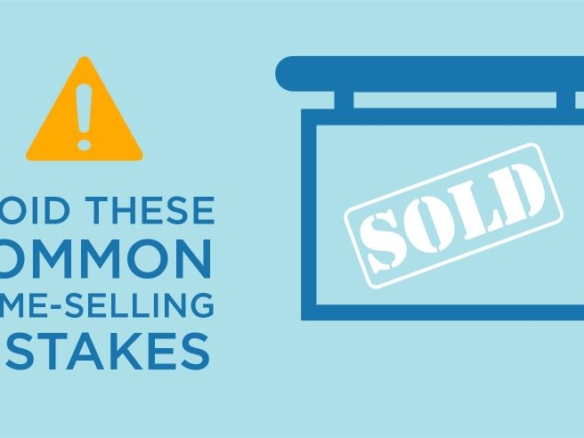When a buyer and seller enter into a contract, the law treats both parties as if they read and understood all terms, even if they just gave the contract a quick skim.
This can be a significant problem if one of the parties fails to notice a provision that impacts that party’s specific transaction until after the contract is executed.
Here are just a few questions we hear on the Legal Hotline that illustrate a few of these blind spots. For this article, we’re looking exclusively at the most popular contract for residential transactions in Florida, the residential contracts prepared by the Florida Realtors and Florida Bar. All sections discussed in this article are the same in the “AS IS” version and the inspection and repair version of the contract.
- What happens if a buyer isn’t approved for a loan but neglects to cancel by the loan approval deadline?
The main purpose of the financing contingency in section 8 is to allow the buyer to cancel the contract without penalty if the buyer is unsuccessful in getting loan approval by the deadline. The default loan approval deadline is 30 days unless the parties negotiate a different number. But what if the buyer doesn’t have loan approval and misses the deadline to send a written cancellation notice? Section 8(b)(v) provides that if the buyer doesn’t deliver a written message that either terminates the contract or waives the loan approval, then “Loan Approval shall be deemed waived, in which event this Contract will continue as if Loan Approval had been obtained …” This can be a big problem for the buyer if the loan is later denied, since the buyer waived the loan approval by failing to cancel in time. - What personal property can a buyer force the seller to leave?
Many sellers get distracted by listing photos or conversations negotiating the contract when thinking about what personal property is included in the purchase. What they should primarily focus on instead is section 1(d) and 1(e) of the contract. Section 1(d) provides a default list of items the buyer is entitled to at closing, such as refrigerators and ovens, provided that those things are “owned by Seller and existing on the Property as of the date of the initial offer.” There is additional space to write in specific other items the buyer and seller want to specifically include or exclude as part of the sale. - When can a seller deny access to a buyer who wants to conduct inspections?
Sometimes sellers feel like buyers are overstaying their welcome with inspections and appraisals. So, who controls this issue? The contract has a broad provision that favors buyers. Section 18, standard L provides that “Seller shall, upon reasonable notice, provide utilities service and access to Property for appraisals and inspections, including a walk-through (or follow-up walk-through if necessary) prior to Closing.” Therefore, once the buyer notifies the seller that they would like to conduct any inspection(s) or appraisal(s) permitted under the contract, the seller has already agreed through this contract clause to provide utilities and access.





Join The Discussion